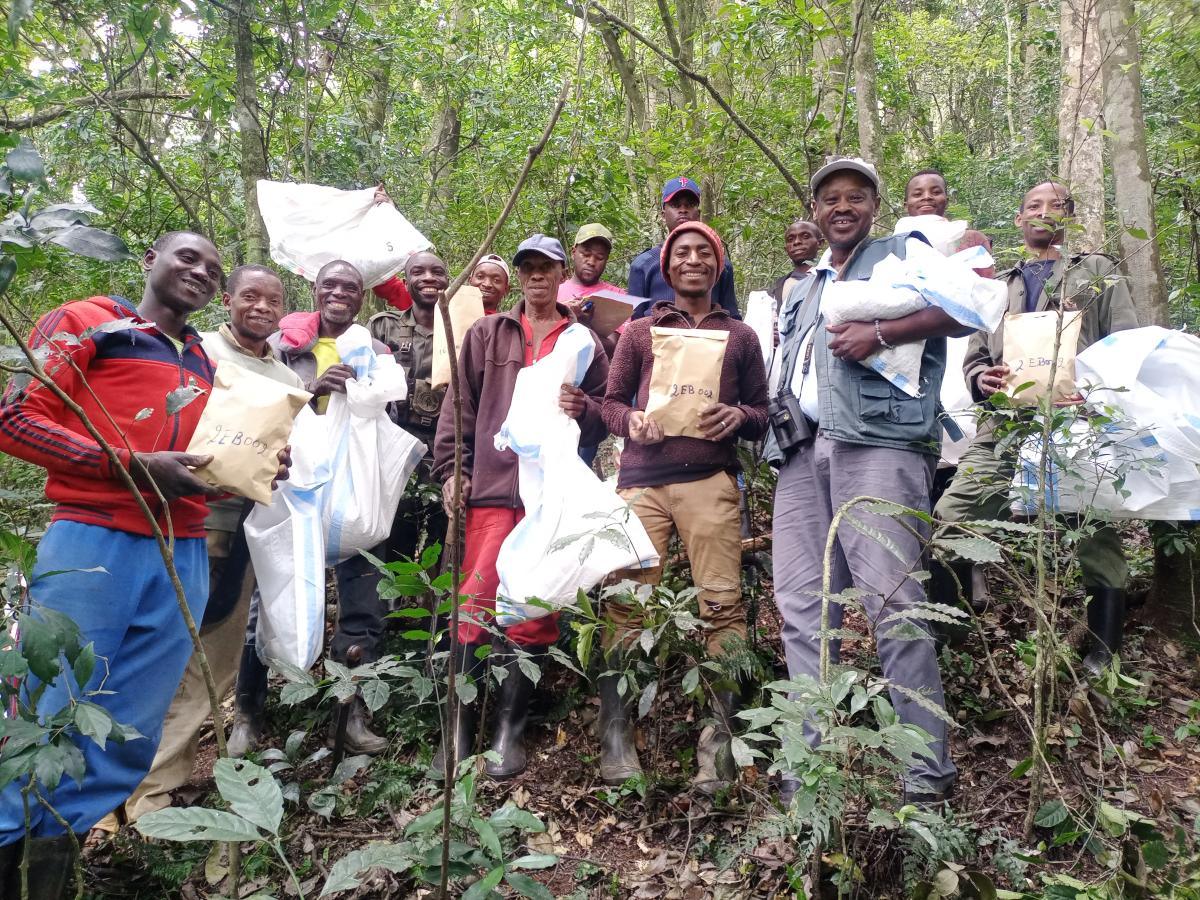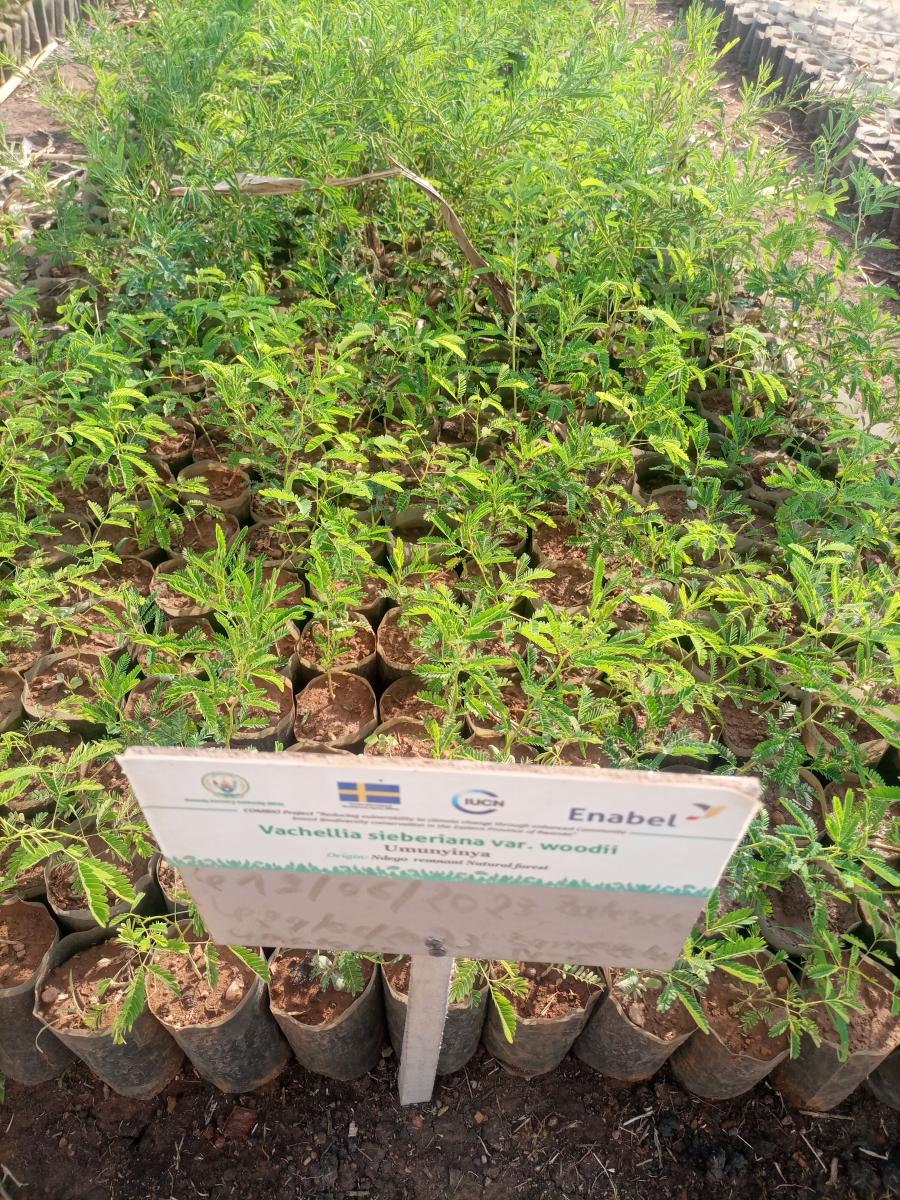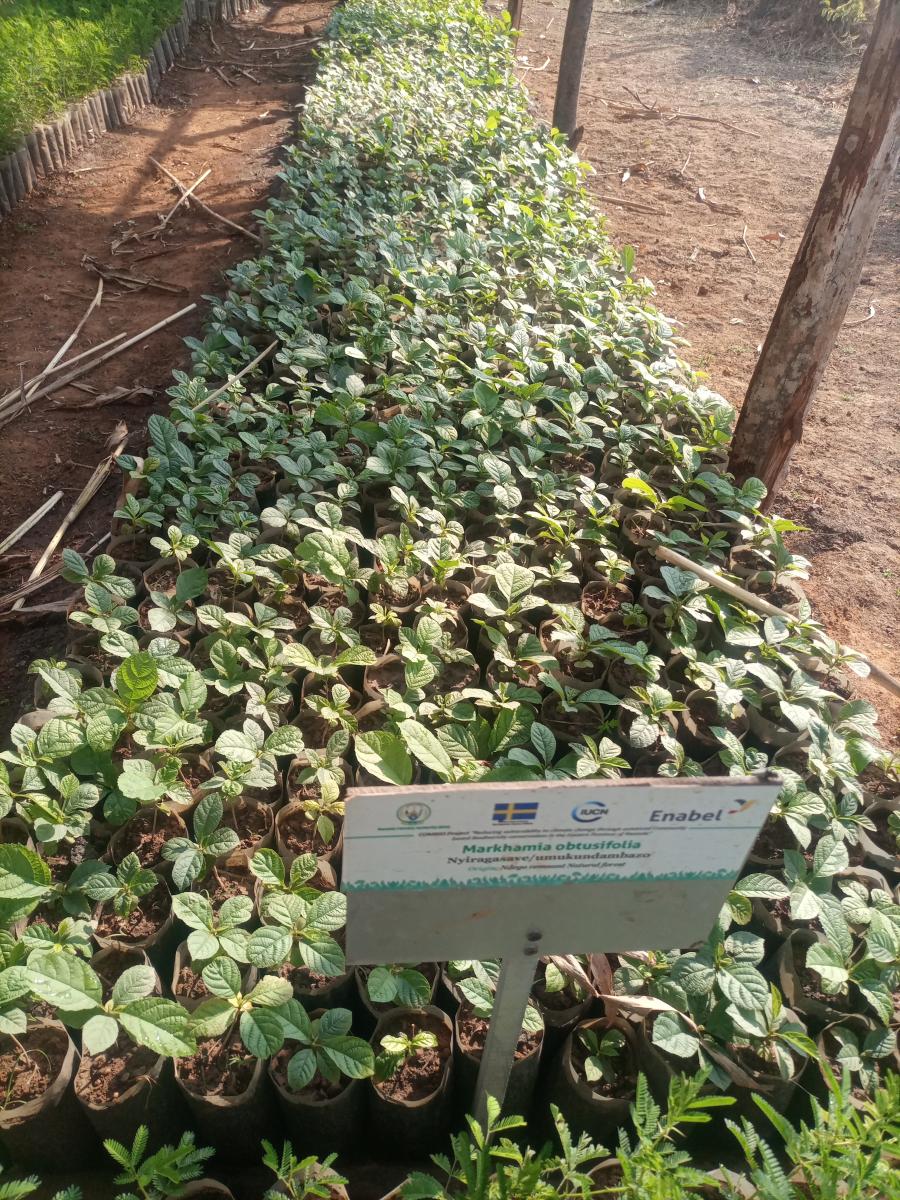Rwanda's sustainable development path: Enhancing climate resilience and biodiversity conservation
Rwanda aspires to become a
developed climate-resilience, low- carbon economy by 2050, as stated in the Rwanda National Strategy on Climate
Change and Low Carbon Development.
Several objectives were established to
achieve this goal, including social protection,
improved health and disaster risk reduction that reduces vulnerability to
climate change.
To contribute
to this noble cause, the Belgian development agency (Enabel) together with
Rwanda Forestry Authority (RFA) and the International Union for Conservation of Nature (IUCN) are
implementing a Sweden-funded project COMBIO - Reducing vulnerability to climate
change through enhanced community-based biodiversity conservation in the
Eastern Province of Rwanda.
The 7-year project, led by the Rwanda Ministry of
Environment, aims to increase biodiversity and restore degraded land in the
Eastern Province of Rwanda.
Enabel is implementing a
component related to the establishment and operationalization of 21 Community
Biodiversity Sanctuaries (CBS) that spread across the whole seven Districts of
Eastern Province.
The Sanctuaries size varies between 10 to 20 hectares and for
this year, 7 of them have already been chosen to be developed.
To achieve this,
45 indigenous tree species have been grown into 7 nurseries distributed in the
7 Districts of the Province.
Each
community biodiversity sanctuary is an area specifically dedicated to the
promotion of the use of native tree and shrub species locally adapted (soil and
climate) and being important as well for the biodiversity support and the
economic and social aspects of communities.
From June to end
August 2023, 168,499 seedlings from 45 tree species have been germinated and
are now ready for 2023 tree planting season.
The rest is still germinating because indigenous tree species germinate at variable
pace and rate. They include trees that are
highly medicinal/pharmaceutical and ornamental.
In
terms of agroecology, the growth of indigenous trees will surely contribute to
the mitigation of the adverse effects of agricultural practices including alleviating
the carbon emitted from Agricultural landscapes, reducing erosion, and protecting
soils and their associated micro-fauna.
Latest news from this project
No news



